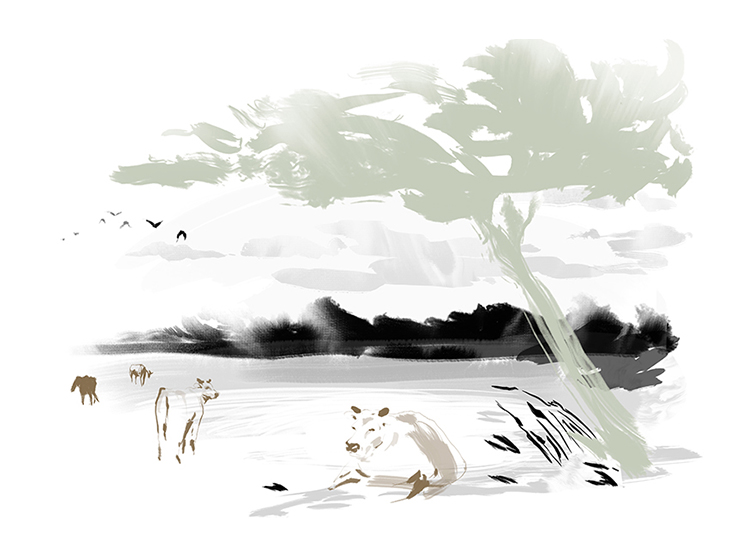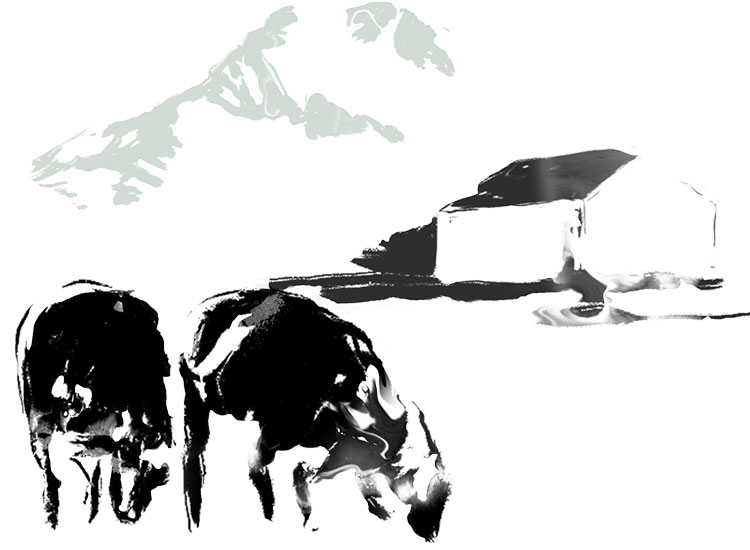Article by Kering | 02.18.2021
Kering Biodiversity Strategy – Stage 2: Reduce
Kering’s Biodiversity strategy focuses on three goals: stemming biodiversity loss; restoring ecosystems and species; and sparking systemic change that goes above and beyond Kering’s supply chains.
To achieve these goals, they have structured their strategy into four stages:
When impacts cannot be avoided, Kering and its Houses actively work to reduce negative impacts. The Group takes a full 360-degree approach, and apply this concept both to operational day-to-day decisions, as well as through its sourcing practice that reduce the duration, intensity and/or extent of impacts.

Kering’s commitments
Reduce biodiversity impacts associated with sourcing decisions, by ensuring 100% alignment with the Kering Standards for Raw Materials and Manufacturing Processes by 2025. For instance, this includes prioritizing sourcing organic cotton, which has 80% less environmental impact compared to conventional cotton.
Reduce our reliance on virgin materials sourcing by scaling up circular materials in the collections (for example, recycled materials).
Reduce the Group’s reliance on virgin raw materials by supporting material and process innovations and also by investing in start-up companies creating alternative materials.
Achieve a target of 100% metal-free tanned leather in our Houses’ collections by 2025.
Furthermore, as detailed in the Kering 2025 Sustainability Strategy, the goal is to reduce the total Group environmental footprint by 40% by 2025 across its own operations and the entire supply chain, as measured by the EP&L. Kering also aims at reducing its controlled greenhouse gas emissions by 50% by 2025. Both are calculated vis a vis a 2015 baseline.

Spotlight on ongoing work: Reducing impacts through the Kering Standards
In order to reduce its impacts on nature, the Group developed the Kering Standards for Raw Materials and Manufacturing Processes, which cover 16 categories of materials. These open-sourced Kering Standards are a cornerstone of core business operations, and are used by the Houses and suppliers to ensure our sourcing is adhered to, and in line with best-available technologies, science and practices. For instance, in the case of wool, Kering supports the Textile Exchange’s Responsible Wool Standard, which requires sheep farms minimize biodiversity impacts by implementing biodiversity management plans (BMPs).
Across all raw materials, suppliers must meet “minimum” requirements immediately. For example, in the case of leather, this means only purchasing skins from suppliers who are willing to disclose the source. Suppliers must also meet “additional conditions” by 2025. For instance, in the case of leather, this will mean having full traceability up to the farm, with the implementation of best ecological and animal welfare standards. Kering’s recent Sustainability Progress Report shared that the Group has thus far achieved 68% alignment with the Kering Standards, well on track to meet its goal of 100% by 2025.
Learn more:
Explore the full Kering Biodiversity Strategy.